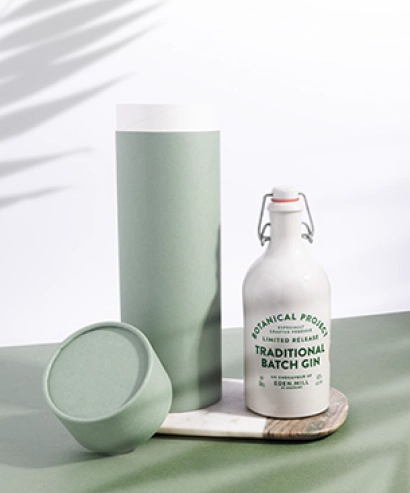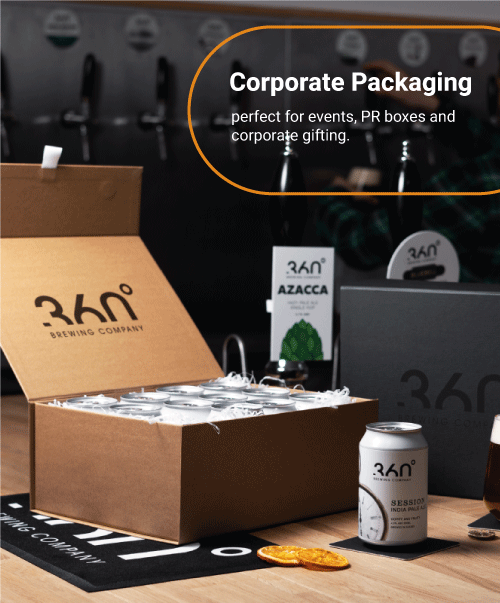
Ah, the autumn budget - something I’m sure you’ve heard and have been thinking plenty about since Chancellor Rachel Reeves announced it on 30th October. The government said it's 'protecting working people' with the budget - but is this actually the case if you own a small business? Well, we’ve broken down the main key points on what you need to know...
National Insurance contributions (for employers) are ↑
One of the headlines for businesses is the rise in National Insurance (NI) contributions. (But note this is just for employers - the rates of income tax and NI paid by employees, and of VAT, aren't changing!) So, employer NI contributions will rise from 13.8% to 15% in April 2025, and that's not the only change - the per‑employee threshold at which employers start to pay NI will be reduced from £9,100 to £5,000 per year. How much is this set to raise? £25 billion a year, the Government has said. (For a bit of context, the budget includes a total of £40 billion in tax rises.)
Let's just take a closer look at the threshold change - currently, as an employer, you start paying NI when your employees' salaries reach £9,100. Dropping that to £5,000 at a 15% rate means that, based on that difference alone, you'll be paying £615 more a year per employee. (If you want to check my maths: (9,100 - 5,000) x 15% = £615.) For small businesses this could add up to quite a bit, so you may need to look at measures like price rises, however...
In a move designed to protect the smallest employers, the Employment Allowance (where eligible employers can reduce their annual NI liability) will increase from £5,000 to £10,500 (this essentially means those eligible won't have to pay NI on their first £10,500 a year). According to Reeves, this rise means 865,000 small businesses won't actually have to pay NI next year - so make sure to take a look to see if this includes you!
Minimum wages? They're also rising
Going back to salaries, another big announcement in the budget is the rise in the National Living Wage (NLW), also coming into effect next April. This is basically the legal minimum wage for everyone aged 21 and over, and this will go up from £11.44 to £12.21 an hour. For someone working full time (37.5 hours a week), this means their annual salary will rise from £22,368.06 to £23,873.60.
What about workers under 21? Well, over time, the government is planning to create a single adult wage rate, so to start closing the gap the minimum rate for those aged 18-20 will go up from £8.60 to £10. (And for under 18s and apprentices, it will rise from £6.40 to £7.55.) While all this is good news for workers (with more than three million set to benefit), unfortunately as a small business you'll face higher costs if you currently have employees on any of the minimum rates (for employees aged 21 and over on NLW - this will be an extra £1,505.54 a year per full time employee, to be exact).
What about business rates, and other taxes?
The government is however claiming to be supporting businesses with this budget. How? Well, it's providing a reported £1.9 billion of support to small businesses and the high street in 2025-26, by freezing the small business multiplier and providing 40% relief on bills for retail, hospitality, and leisure (RHL) properties, up to a £110,000 cash cap. However, these businesses are currently benefitting from a 75% reduction in their business rates, meaning the relief they'll get from next year is actually dropping. The government did however say it is 'permanently reducing' tax on RHL properties from 2026 - but we don't have a figure on this yet.
And Capital Gains Tax (CGT) (tax on the profit when you sell an asset that’s increased in value) has increased. The lower rate rose from 10% to 18%, while the higher rate went from 20% to 24%. CGT for residential properties remains unchanged at 18% and 24%, respectively. And Business Asset Relief Disposal (where you may currently be able to pay tax at 10% on all gains on qualifying assets) will increase to 14% in April 2025, and 18% from 2026-27.
And alongside the budget, a Corporation Tax 'roadmap' has also been published, which confirms a cap for the rate of corporation tax at 25%. This is the lowest rate in the G7, the government said - adding that this will provide stability and predictability to support businesses to invest.
And finally - own a pub? Alcohol duty on draught products will be reduced from February 2025 - translating to a 1p reduction per average strength pint. (Kerching?)

What’s the reaction been to the 2024 budget?
So the government says it's protecting working people and supporting businesses and economic growth, but what does everyone else think? Well, the British Independent Retailers Association (Bira) called it the "most damaging for independent retailers in recent memory", with a "triple blow" of doubled business rates, increased National Insurance, and higher minimum wage costs. Small retailers face a "perfect storm of crippling cost increases", CEO Andrew Goodacre said.
"Their business rates will more than double as relief drops from 75% to 40%, while they're hit simultaneously with employer National Insurance rising to 15% and a lower threshold of £5,000, down from £9,100. Add to this the minimum wage increase to £12.21, and many of our members are telling us they simply cannot survive this onslaught."
Emma Jones, founder of Enterprise Nation, said small businesses must make some very difficult decisions: do they put up their prices, redirect growth investment or decrease their staffing levels? "While we are pleased to see some allowances have been made for the smallest firms that employ people on the minimum wage without having to pay National Insurance, it will not touch the sides when it comes to the £25 billion tax hike on businesses announced. Small businesses are resilient in the face of adversity, but they will need help to rethink their strategy to cope with an increased tax burden."
Jones added: "We welcome a fresh discussion on business rates, and are ready to engage, but the announced reduction of the business rate relief will see costs for many independent high street retailers almost double from April, so we must see urgent progress on this."
So, however you're taking this as a small business - remember, you're not alone! The key is to calculate how things like NI and potential wage rises will affect you. Consider consulting with a financial advisor to fully understand the impacts on your specific situation and to make any necessary adjustments to your business strategy - and check out our Tiny Clinic for more on running a small business in the current climate!






































